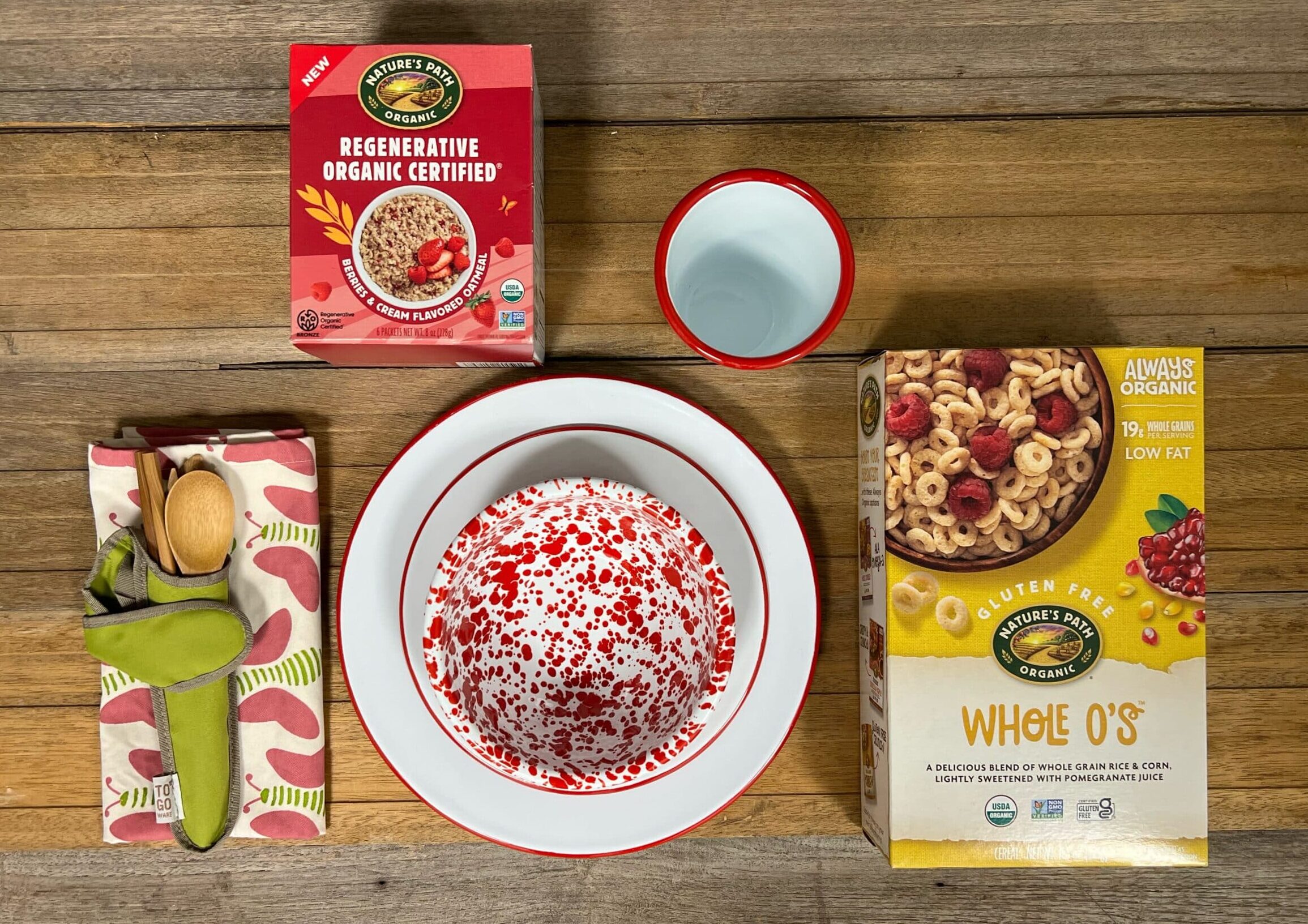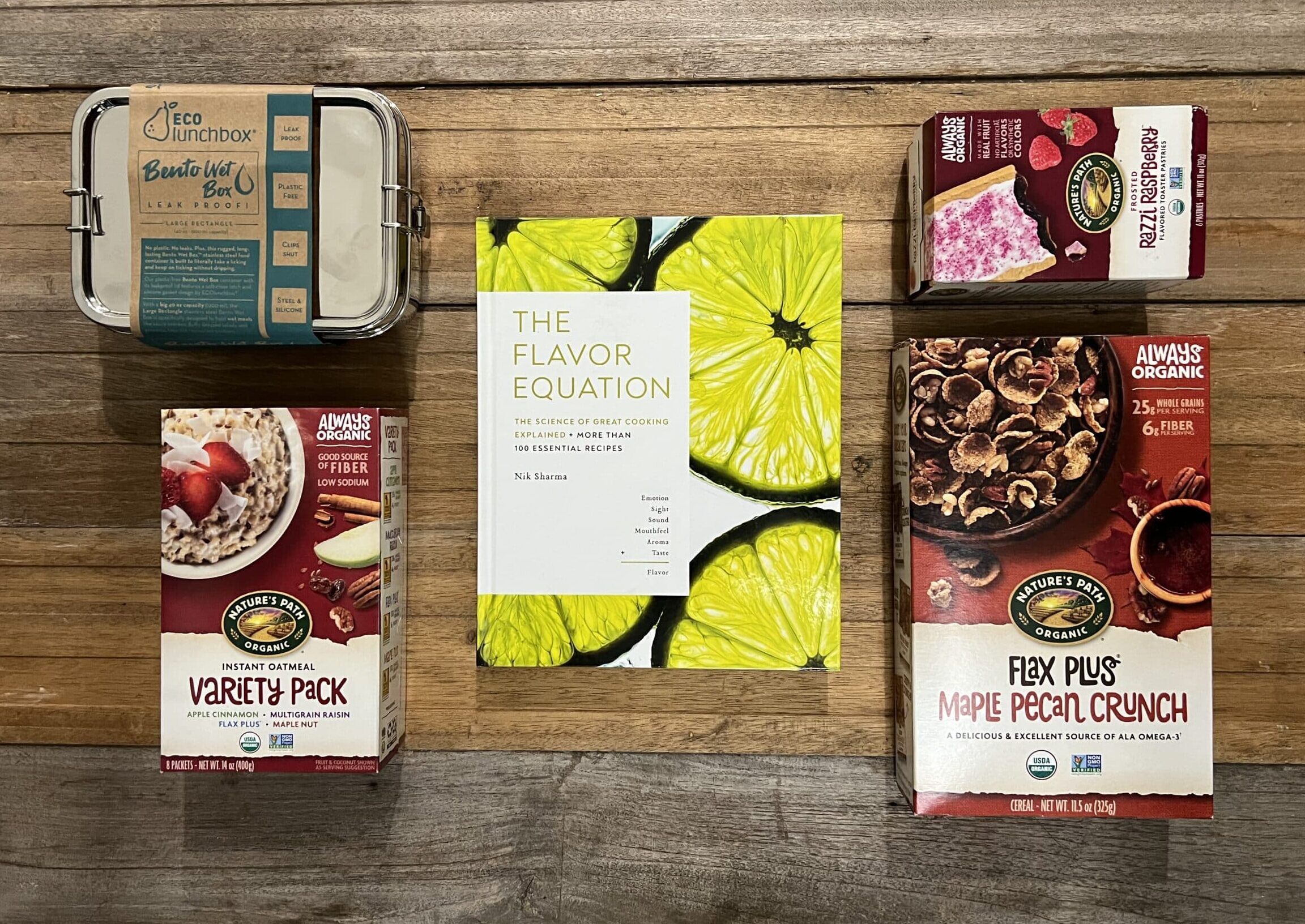Food
How do our food choices impact climate change?
Introduction
Nothing brings people together quite like food. Across the globe, we gather around a common table, yet many still struggle with food insecurity and inadequate nutrition — issues exacerbated by climate change. Rising temperatures wither crops, while intensified natural disasters flood agricultural regions. We are left with a choice: accept these challenges or work together to build resilient solutions to food, hunger, and agriculture in our communities.

The Global Food Crisis
Beyond the accelerating climate crisis, soaring costs and global conflicts are contributing to a rise in food insecurity. Beth Bechdol, deputy director of the U.N. Food and Agriculture Organization, states, “Climate change is compromising food security, and its impacts are a growing threat to international peace and security. There is no food security without peace, and no peace without food security.” Climate change drives instability, leading to conflicts over natural resources.
Africa is facing an extreme food crisis, with reports indicating that over 50% of Africans could be chronically undernourished by 2030. Drought and a lack of agricultural knowledge about crop diversification are severely impacting small farmers who provide 70% of Africa’s food. In Gaza, over 95% of the population is experiencing acute food insecurity due to ongoing conflict, with 2.15 million individuals facing crisis levels of hunger, according to the World Food Programme.
While the food crisis is dire, mitigating the impacts of climate change can build resilience into our global food system.
The Impact of Industrial Agriculture
Currently, industrial agriculture is essential to meet global demand. However, these practices rely heavily on fertilizers and pesticides, which damage natural resources on an unprecedented scale. According to National Geographic, industrial agriculture emits more greenhouse gases than all cars, trucks, trains, and airplanes combined. It is also a significant contributor to the climate crisis, as it reduces biodiversity, erodes soil, and pollutes waterways.
The Case for Sustainable Agriculture
In contrast, sustainable agriculture produces organic products without chemical additives, pesticides, or genetic modification. Organic standards should also apply to animal products, as conventional methods often harm animal welfare, the environment, and human health. Nature’s Path, one of our long time partners, is a pioneer in organic farming, growing food that nourishes communities and preserves life. Eating organic significantly reduces exposure to heavy metals and pesticides, benefiting both our bodies and the environment. For more research on organic benefits, explore The Organic Center, a trusted source for scientific reporting on organic agriculture and food.
Food Justice and Equity
When advocating for sustainable agriculture, it’s crucial to recognize that not everyone is affected equally. Environmental protections must be paired with equitable access. Disenfranchised and marginalized communities, who often live in areas with limited access to fresh, healthy food, disproportionately suffer the negative effects of chemical-laden conventional foods — a situation known as food apartheid. To address these critical issues, we need to foster food independence through community-led solutions and systemic change.
Turning Green’s Commitment: Conscious Kitchen
Turning Green takes a proactive stand for food justice through our Conscious Kitchen (CK) program, which is dedicated to food equity, access, and education. Since 2013, CK has served fresh, local, organic, seasonal, nutritious (FLOSN) meals to students, creating the first organic public school meal program in the country. This initiative began with a historically marginalized school district where 95% of students qualify for government-subsidized meals. Through partnerships with schools, local organic farmers, and communities, CK is shifting the paradigm around food access by replacing pre-packaged, processed food with fresh, organic meals that nourish students, lands, and communities. Feeling hungry after all this talk about delicious, sustainable food? Check out these great FLOSN recipes from today’s nonprofit partner, The Organic Center.
EXPAND YOUR KNOWLEDGE
Nourishing Change through Food Resources
Your actions have the power to shape a more sustainable future! By choosing organic, supporting sustainable agriculture, and advocating for food justice, you contribute to a healthier planet. As you explore these ideas, use the following resources to deepen your understanding and inspire your journey.
CHALLENGES
A FLOSN (Fresh, Local, Organic, Seasonal, Nutritious) diet is often thought to be more expensive, but that’s not always the case! By buying seasonal produce, you can enjoy fruits and vegetables at their peak of freshness, flavor, and abundance, often at lower prices. Shopping at local farmers markets allows you to access fresh and often organic options while directly supporting your local economy. To make a FLOSN meals even more budget-friendly, consider buying in bulk, especially at the end of the market day when prices are likely to drop.
Cooking with FLOSN ingredients not only makes your meal more delicious but also boosts your health by using the freshest, most nutrient-rich foods available. Sourcing local and seasonal produce can be more affordable, while organic choices reduce exposure to harmful chemicals. For inspiration and recipes, check out recipes from OrganicKitchen.org and The Organic Center for inspiration to create flavorful, eco-friendly meals that nourish both you and the planet.
Food insecurity is a significant global issue, impacting health and well-being, particularly among students. By integrating FLOSN principles (Fresh, Local, Organic, Seasonal, Nutritious) into food systems, we can help ensure that everyone has access to nutritious and sustainable meals. Educating ourselves and taking collective action can support food security in our communities.
PRIZES
Up to 10 Greener and 10 Greenest outstanding submissions will be selected as winners.

Each Greener Winner will receive:

Each Greenest Winner will receive: